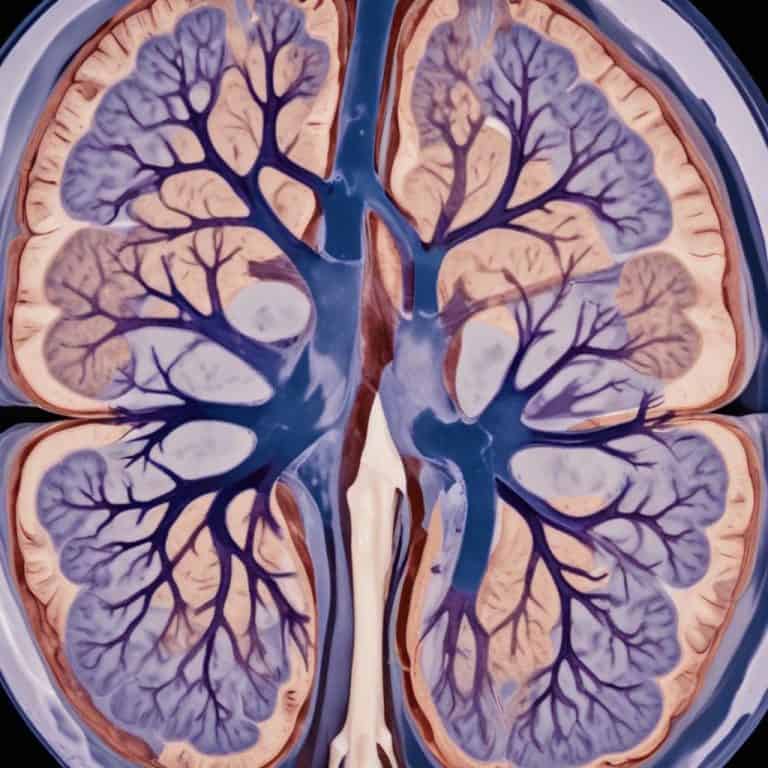Welcome to the Nervous System Disorders quiz! In this quiz, you will learn all about the different disorders that can affect the nervous system, which is like the body’s control center. From headaches to epilepsy, there are many conditions that can impact how our nerves function.
By taking this quiz, you will become a nervous system expert and be able to identify symptoms of common disorders. You’ll also learn how these disorders are diagnosed and treated, giving you a better understanding of how our amazing nervous system works.
So, let’s dive in and test your knowledge on the fascinating world of nervous system disorders!
Play Nervous System Disorders Quiz
Instructions
- This quiz is multiple choice.
- Read each question carefully before selecting an answer.
- Choose the best answer for each question.
- You will see the missed questions with correct answers at the end of the quiz.
Quick Facts
- Problems with the brain and spinal cord can cause issues with how your body functions.
- Conditions related to the brain and spinal cord can affect movement, sensation, and even thinking.
- Some conditions can make it hard for your brain to send messages to the rest of your body.
- Disorders can be caused by injury, infection, or genetics.
- Certain conditions can make it difficult for you to control your muscles or feel sensations.
- Issues can lead to problems with balance and coordination.
- Some disorders can be managed with medication and therapy.
- In some cases, surgery may be needed to treat disorders.
- Early detection and treatment can help improve outcomes.
- It’s important for a patient to see a doctor if they experience symptoms like numbness, weakness, or difficulty moving.
Downloads
Study Tips
- Create a study schedule and stick to it.
- Find a quiet and comfortable study environment.
- Remove distractions such as phones and social media.
- Take breaks every 25-30 minutes to avoid burnout.
- Use active studying techniques like summarizing, highlighting, and teaching concepts to someone else.
- Practice retrieval by testing yourself with flashcards or practice quizzes.
- Stay organized with notes, study guides, and resources.
- Stay hydrated and eat brain-boosting foods like fruits, nuts, and whole grains.
- Get enough sleep to improve memory retention and cognitive function.
- Reward yourself for reaching study goals to stay motivated.
